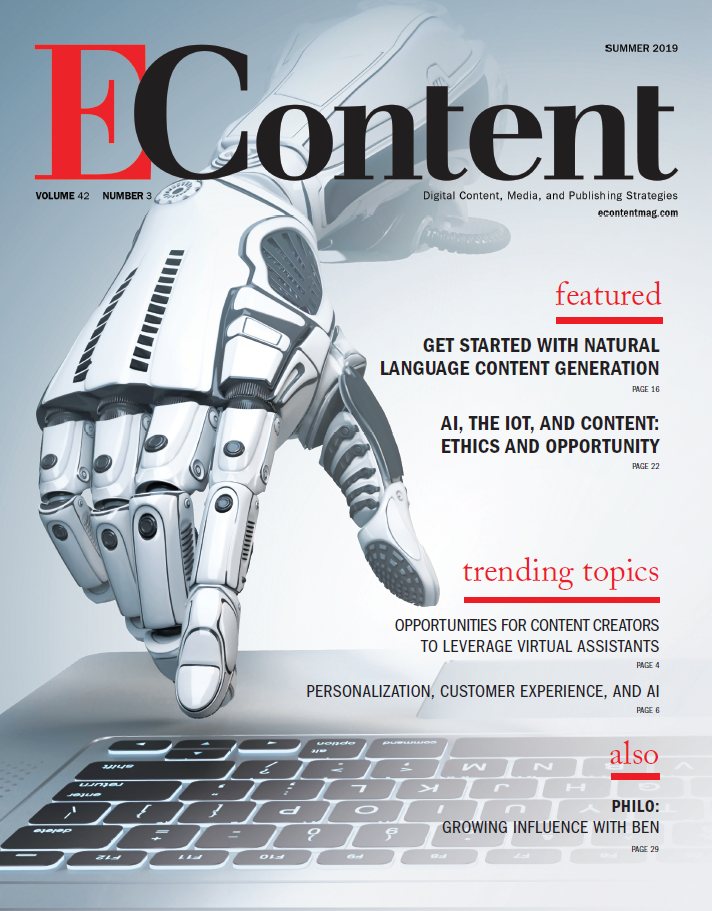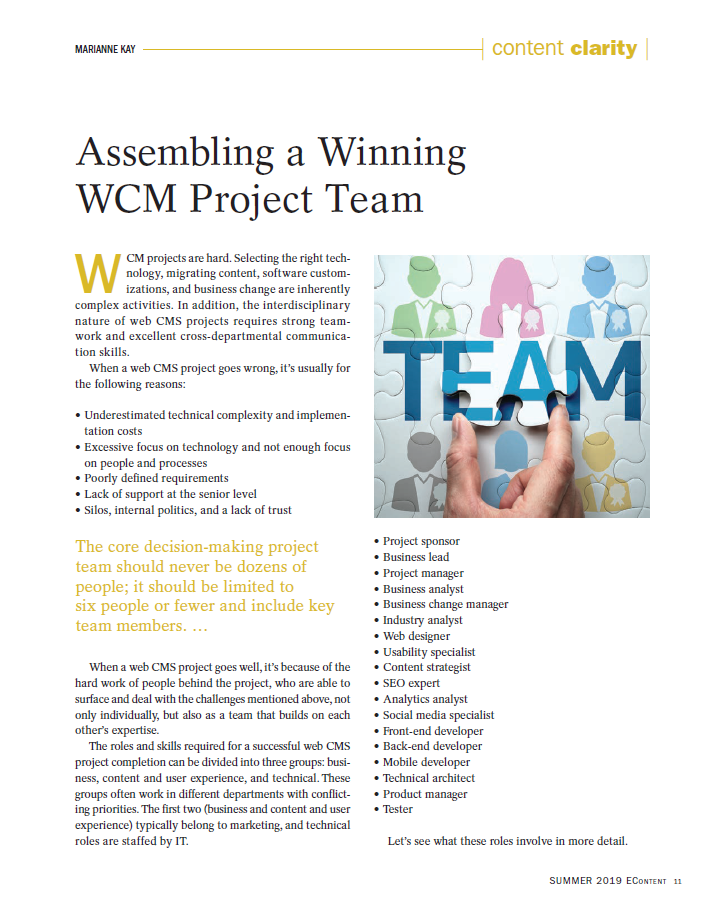A website is never done. Like a garden, a website needs constant attention and care in order to flourish. Content updates, bug fixes and security patches are essential website maintenance jobs that must be done for the website to survive, in the same way as your garden plants need watering in order to grow. In addition to the basic maintenance, there are also constant opportunities for improvement.
University of Leeds is an ultra-large organisation with more than 1,000 websites and the backlog of improvements for university web presence contains hundreds of items. When the list is so long, it’s easy … Read more >


